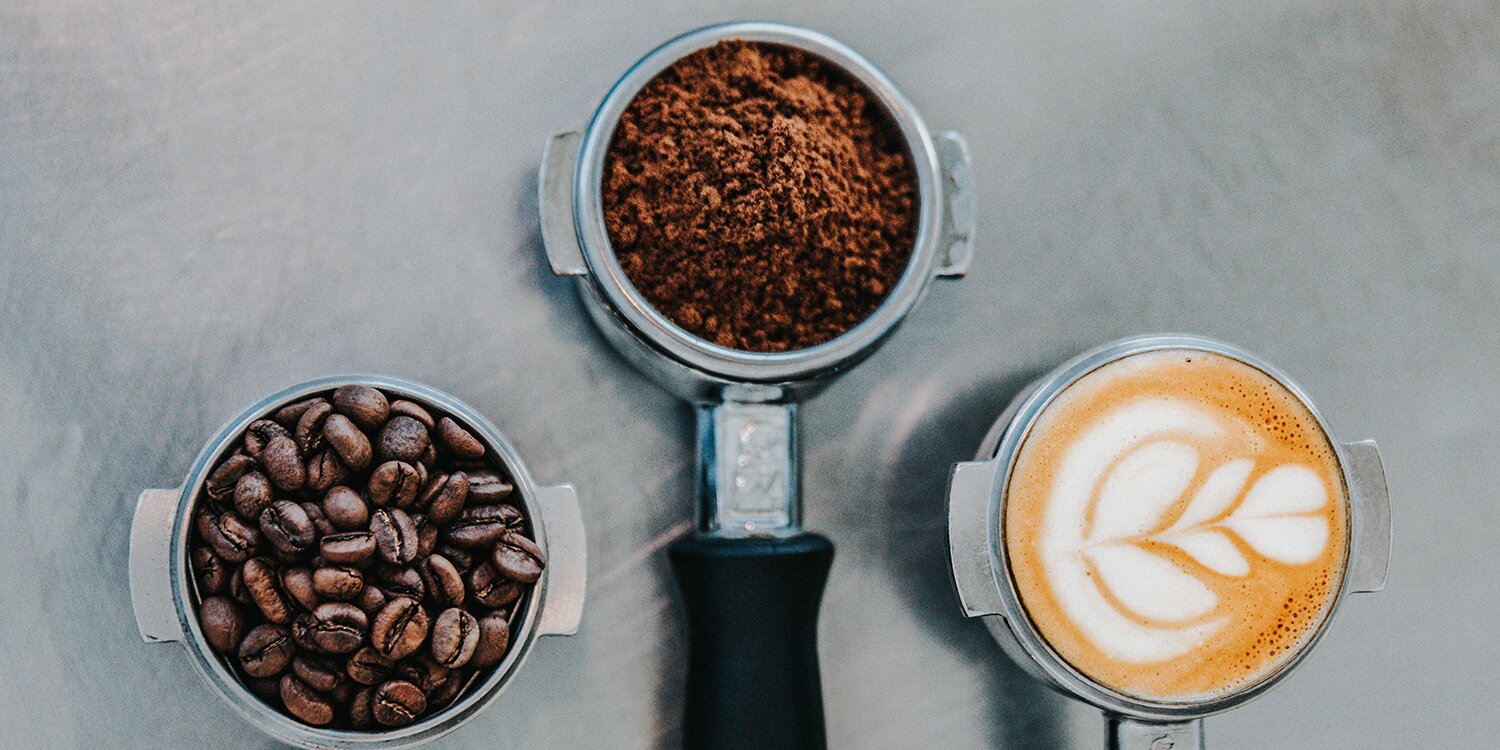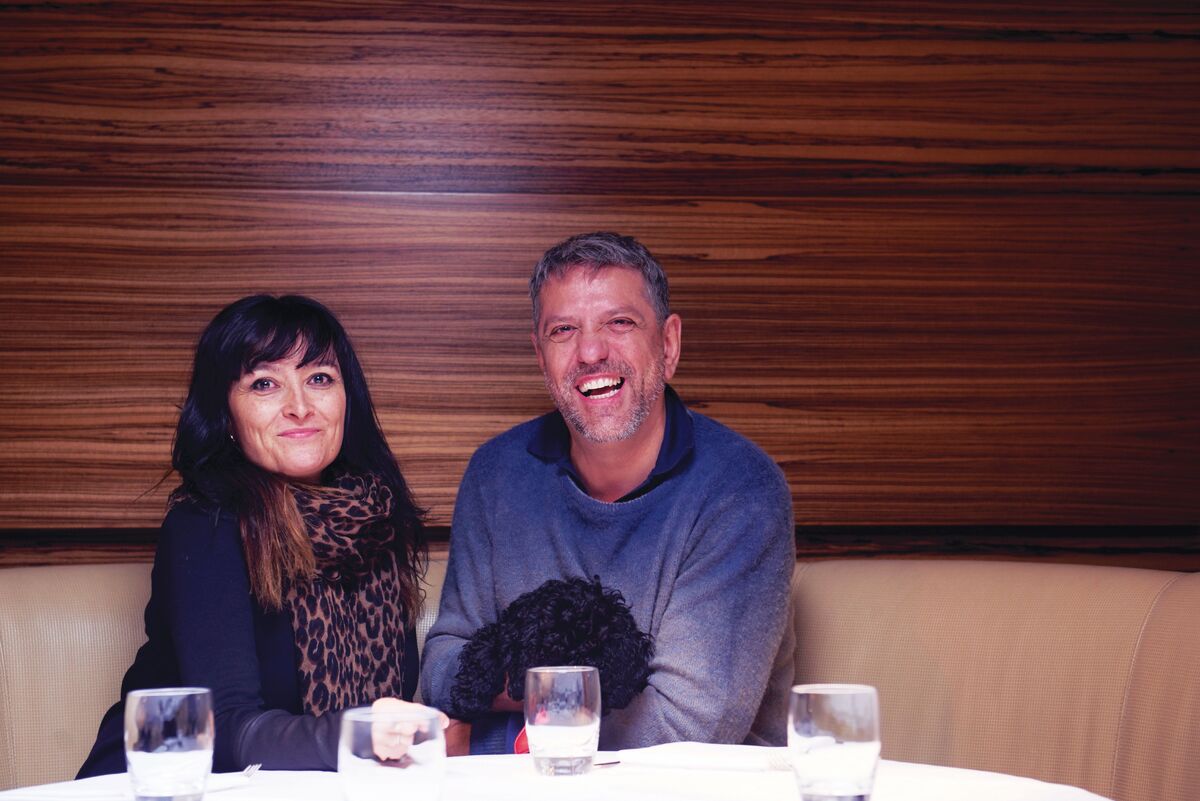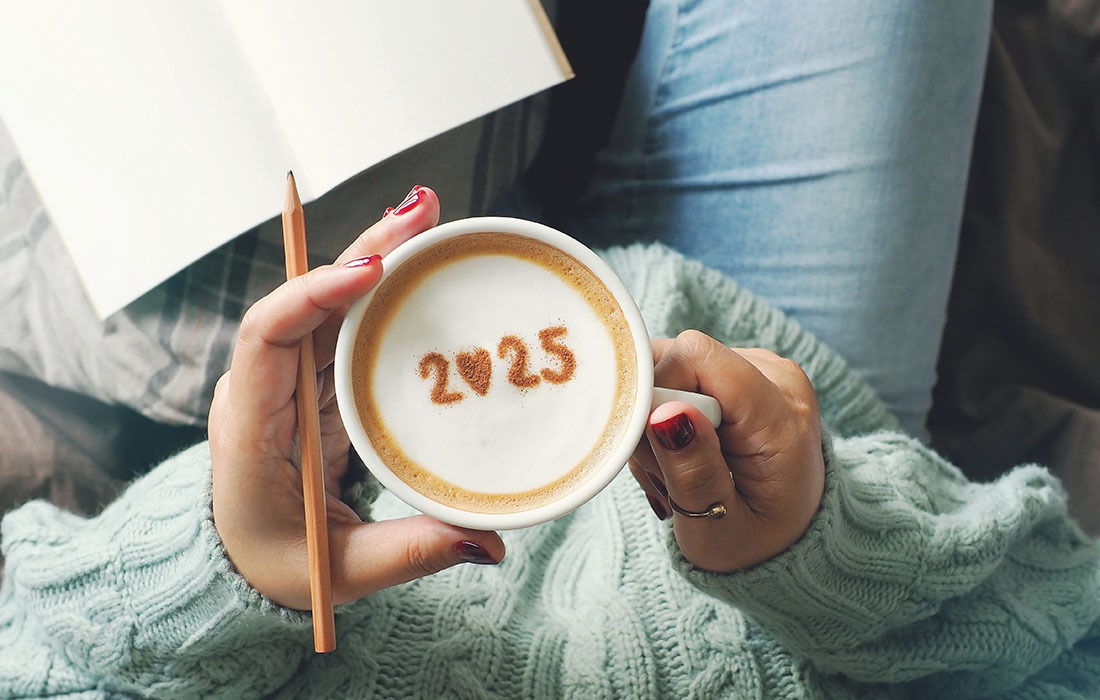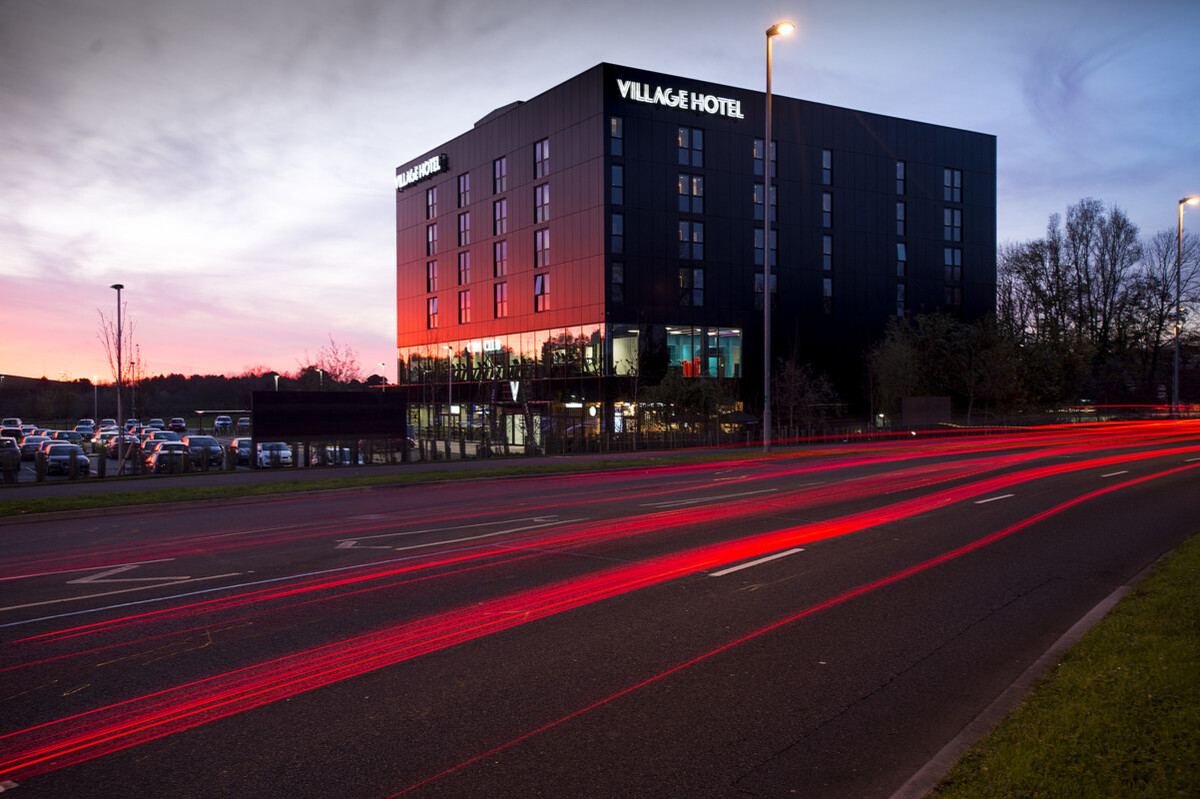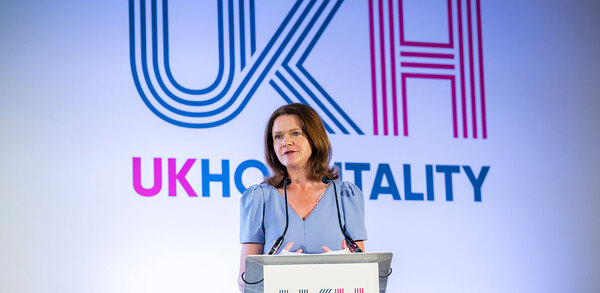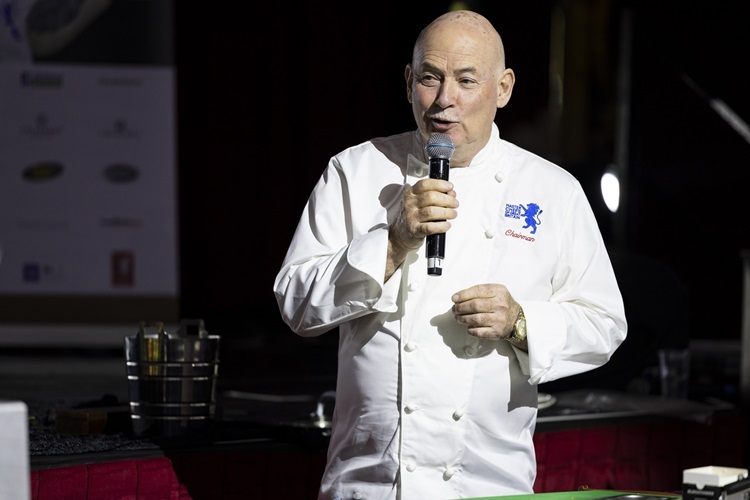Rise and grind with the new wave of expert coffee machines
Great coffee doesn’t just come from great beans – it also requires staff to be properly trained in the ways of the brew. Ian Boughton visits the suppliers who turn cadets into coffee connoisseurs.
Coffee roasters and suppliers who have spent years persuading caterers to ‘serve better coffee’ are now urging clients to ‘serve coffee better’, through steps such as perfecting their espresso grind and steaming milk for a flawless flat white.
Espresso, the basis of the most lucrative coffees, is not always well understood by operators or serving staff. The industry’s answer to this has typically been ‘barista training’, with most of Britain’s 400 coffee roasters offering coaching for clients’ staff.
However, between hotels, restaurants, pubs, cafés and workplaces there are vast numbers of staff who must operate an espresso machine as an aspect of their job. A contradiction here is that many staff do not wish to become star baristas, and the cliché of being ‘passionate about coffee’ simply doesn’t apply to them. And yet, the trade cannot rely on staff being simple button-pushers. For any business owner to develop a serious coffee business, their staff must know something about what they are offering.
Joe Stockwell, business development manager at Caffeine, sums up the need succinctly: “Employees using automatic bean-to-cup machines don’t need the in-depth knowledge of a trained barista – but they do need to know what makes a great cup of coffee.”
So, can all waiting staff be enthused to take an interest in coffee? Jeremy Torz, founder of Union coffee roasters, claims he can always spot a reluctant trainee who has been sent along by his boss. But he frequently sees the moment his training turns that reluctance into curiosity, interest and then enthusiasm.
At Amadeus, the event catering arm of the NEC exhibition group, operations manager Michael Simpson-Pratt is this year aiming to train 20 staff into ‘coffee gurus’ to service exhibition operator stands.
“We engaged them at the early stages to fully understand the benefits and opportunities, from gaining expertise to opening the door to the global opportunities of travel, cultural exchange, and coffee traditions around the world. By outlining the wider career potential, we have found our team engaged and enthused,” Pratt says.
Drip feed
Most staff can be enthused about coffee when offered the right training, says Marco Olmi, director at Drury Coffee. “It is very rare that a trainee really can’t be bothered. If you teach people skills that mean they can earn a better hourly rate, they are mostly grateful. Canny employers will ensure that their trained staff are rewarded for their skills.”
Dan Webber, founder of Chimney Fire Coffee, says he has deliberately addressed the problem of training non-specialist staff. “For the team members for whom making coffee is not their core job, it is unlikely to be their ‘passion’. So, our training is more ‘experiential’, designed to increase enthusiasm for coffee as a whole, and it usually translates to them providing a better overall experience for their customers.”
Brian Williams, sales manager at Farrer’s in Kendal, urges operators to get their staff involved in the sensory side of coffee. “Brewing and cupping gets them physically using their taste and smell,” he says. “These simple practical processes pay dividends, because more often than not, they want to go on and learn even more.”
This is an important strategic commercial issue, says Paul Meikle-Janney, founder of Dark Woods Coffee and one of Britain’s longest-established coffee trainers. To get the most out of the espresso business, operators should relate barista training to their business aims.
“Don’t be surprised to see even an experienced barista hiding behind the espresso machine, not engaging with the customer. This is a management issue – we need a culture of hospitality training as well as skills training. You can tell the businesses that know this – they’re the busy ones,” he says.
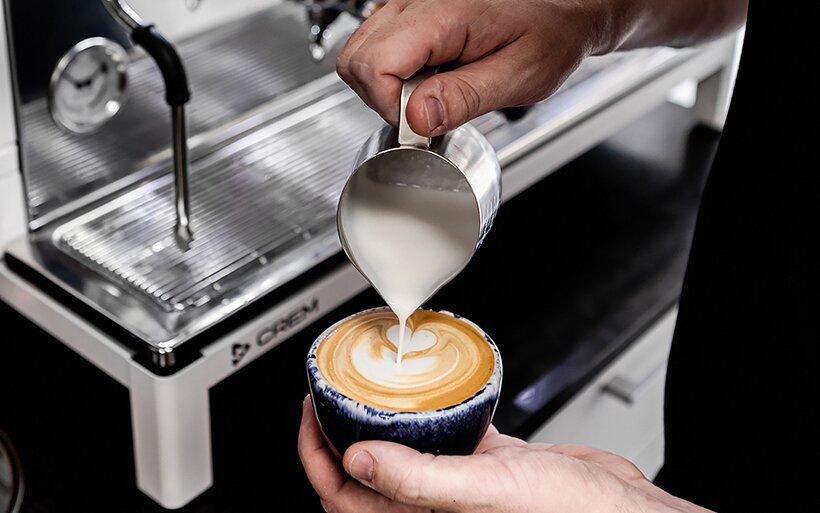
The sense of it
Scott Singleton, national sales manager for Crem and Welbilt, says training staff to use a grinder provides a sensory pleasure that can hook them in. “The grinder is king – it is recognised as the fundamental requirement of a good espresso, and if you do not set it correctly, you can ruin a great bean,” he says. “But you can show them the innate pleasure that comes from the smell of freshly and perfectly ground beans through to the impact of the perfect grind on the end espresso.”
While most milky drinks on a typical café menu requires standard milk-steaming skill, the flat white requires a more precise technique. Many drinks sold as flat whites in restaurants and hotels are just double-shot lattes at an inflated price – so how can operators ensure the flat whites being poured by staffers are up to scratch?
“We show them by example,” says Jonathan Wadham at Rombouts. “Once the staff see and taste the difference between a cappuccino, latte and flat white, they rarely forget how to make it. Then we tell them to be proud of it and tell customers: ‘this is how we make our flat whites here’, because with so many high street chains bastardising the flat white, it will make a big difference for customers to know a place where the drink is explained and realised well.”
The flat white can also be a legitimate menu item for small establishments where espresso coffee is created by capsule. You actually can make a flat white with this, says Dave Cutler, head of training at Lavazza.
The secret is that Lavazza’s Blue system offers a double-espresso capsule that gives the right coffee dosage, and the machine also allows for adjustment of the water volume and for manually steamed milk, the other two main features of the drink.
Operators that nail the macchiato, an espresso with a hint of milk, will score bonus points. Jenny McDonough, head of training at Owens’ Coffee in Devon, urges operators to steer clear of some branded chains’ interpretation of it as a large hot drink with a flavoured syrup in it.
“A quality coffee menu will always include macchiato, which attracts its own dedicated fan base. But a 20oz drink with four shots of espresso is something we would never recommend,” she says.
Macchiatos may make up 1% of your sales, says roaster Lynsey Harley of Modern Standard, but training your staff to create it will boost your reputation as a serious coffee player. “There are people who don’t enjoy espressos straight up and want that little addition of milk to elongate the drink. We have begun to work on this with one of the leading farm shops – we’ve revolutionised their coffee service and the compliments are flooding in.”
A unique house blend will help staff identify with the coffee they brew, says Chris Tough, coffee buyer at the Lincoln & York roastery. “Operators shouldn’t overlook the importance of an original espresso blend. A coffee which becomes synonymous with your own brand is a great way of developing loyalty.”
To choose a house coffee, he says, operators should encourage staff to understand their customers and their habits. Involving staff in the process will lead to them having a greater understanding of how to sell it.
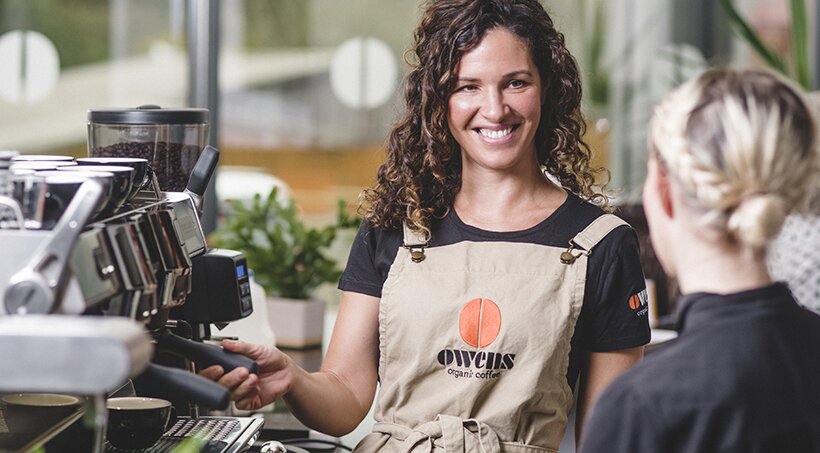
Nose for sales
Training to sell coffee better can involve the ability to tell a unique story, says Jon Reed, chief executive of Paddy & Scott’s, whose Lunchbox coffee is used in espresso-based drinks. Telling customers that every bag sold provides a school meal to a child in need is a story that wins attention.
“Coffee can fall into a no-man’s-land, because unless there is someone front of house that has a passion for it, nobody really ‘owns’ it,” says Ashley Palmer-Watts of Artisan Coffee. “This is where things go wrong, as consumers expect decent coffee wherever they go these days, and great coffee does not happen by chance.
“The front-of-house team often finds it difficult to talk confidently about coffee in a way that customers can relate to. This is not surprising as only a small percentage of the public care much about varietals, altitude and roasting methods – they are more interested in how it tastes.”
Palmer-Watts also suggests training team members on what can be paired with coffee. Too many coffee lounges simply place a standard speculoos Belgian biscuit on a saucer, forgoing what could be an add-on sale.
“I have created Chocolate Flights, a range of six artisan chocolates to complement my coffee blends,” he says. “I might pair my coffee with a disc that is 75% dark chocolate and 25% white to match the characteristics of the coffee. The two work together to give an extraordinary flavour experience.”
And then, of course, well-trained coffee staff will sell a box of the chocolates.
Winning water
For a better sell on coffee, don’t forget to have staff talk about the water, says Sam Scoles, sales director at Brita. Her Purity C iQ system continuously evaluates the quality of input water and responds automatically to any fluctuations in its properties.
Having staff understand the effects that different waters have on their house coffee, and being able to talk about it, is useful in selling coffee better.
“Staff know the impact poor water quality has, if not the science behind it. An immediate test of water quality on the taste of your coffee is a side-by-side tasting - a brew with your tap water may give a sharp chlorine taste that leaves a fuzzy feeling on their tongue.
“If you’re in an area with hard water, the tap water coffee will taste dull when compared to a brew using filtered water, whereas very soft water can lead to over-extraction which can result in a very bitter taste.”
Suppliers
Amadeus www.necgroup.co.uk
Artisan www.artisancoffeeco.com
Brita www.brita.co.uk/purity-c-iq
Caffeine www.caffeineonline.co.uk
Chimney Fire www.chimneyfirecoffee.com
Crem/Welbilt www.welbilt.uk
Dark Woods www.darkwoodscoffee.co.uk
Drury www.drurycoffee.com
Farrer’s www.farrerscoffee.co.uk
Lavazza www.lavazza.co.uk
Lincoln & York www.lincolnandyork.com
Modern Standard www.modernstandardcoffee.co.uk
Paddy and Scotts www.paddyandscotts.coffee
Rombouts www.rombouts.com/uk
Owens www.owenscoffee.com
Union www.unionroasted.com



